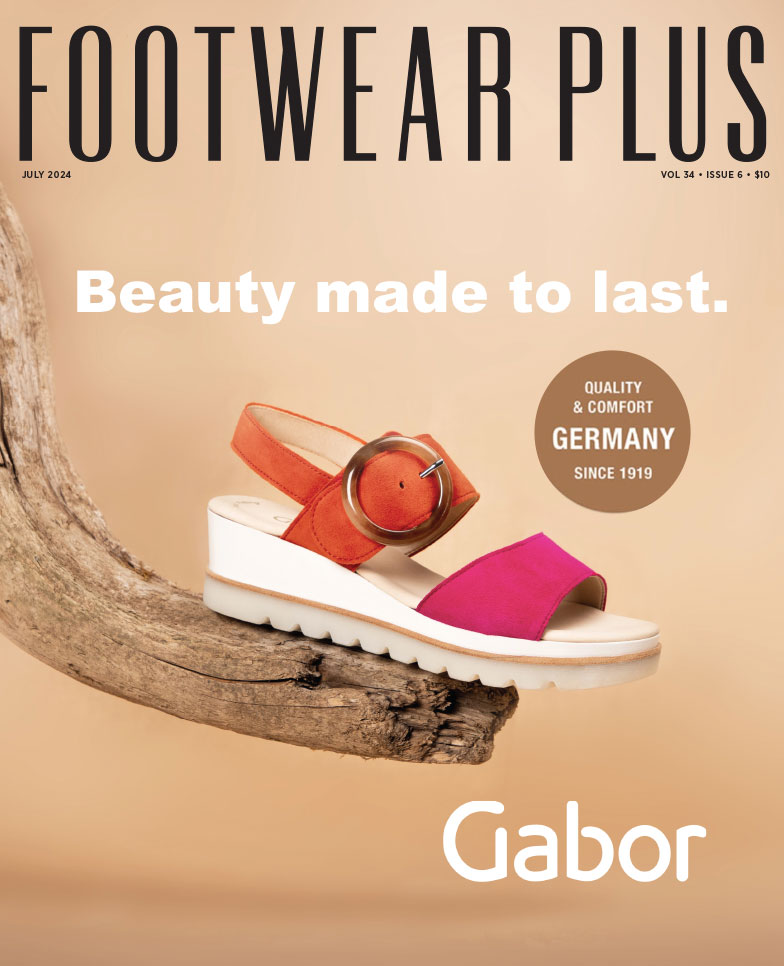Here in the land of the free and the home of the handmade, we make a big deal out of all things artisan–and things don’t come craftier than small-batch sneakers. Meet Shoes Like Pottery, a line of simple unisex canvas lace-ups produced by 140-year-old Japanese company MoonStar. “The big difference is it’s not a molded outsole,” points out Matt Butlett of trading company Marubeni Corporation, who brought the brand to the U.S. in November. “To do mass production, a lot of shoemakers use pre-molded outsoles because it’s faster and cheaper, but they usually end up splitting. These don’t.”
To make a Shoes Like Pottery sneaker, the raw rubber outsoles are fired for 70 minutes in a kiln heated to 248, similar to (you guessed it) pottery making. Known as ka-ryu, the process results in some of the world’s most durable vulcanizations. The extreme heat and pressure causes the sulfur mixed inside the raw rubber to chemically react, returning the rubber to its natural elasticity. Additional rubber is used to interline and reinforce the toe and heel areas, while a foxing elastic tape around the sole is stamped with a rubber seal bearing the brand’s logo. The soles of the shoe are a vivid shade of blue, lending a flash of color to the wearer’s step.
“Right now we’re just selling all white and all black sneakers but next year we’ll have a beautiful indigo and hi-tops in black and white,” Butlett shares, adding that retail prices range from $155 to $160. “It’s going to be a very limited selection and we’d like to keep it an in-style go-to.” The line is currently carried in Steven Alan and Assembly in New York and Mohawk General Store and South Willard on the West Coast, and Butlett is hoping to expand distribution to more boutiques across the country in 2014. “It’s a very simple, very clean product, but well made. I think once people try them on they feel the difference,” he says.



